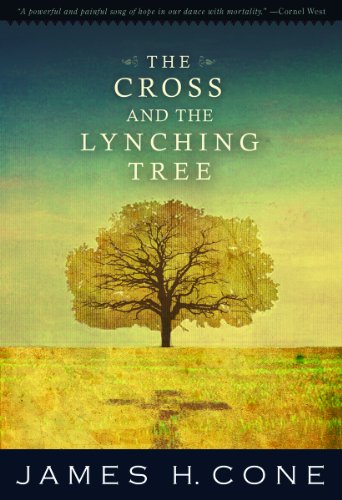I had to think REALLY hard about books I’ve read in 2020. Because the first half of this year seems like twenty years ago. However, I managed to remember a few reads. I now commend these books to you.
They are in no particular order.
[Also, follow me on Goodreads]

Transformation: The Heart of Paul’s Gospel by David DeSilva

DeSilva is one of my favorite New Testament scholars. When I stumbled onto this book for my master’s thesis, I quickly fell in love with it. I like how deSilva describes what is essentially a middle ground between the extremes of a Pelagian works-save-you model and a grace-saves-you-so-you-get-a-free-pass model. Looking at Paul’s beliefs specifically, deSilva shows that the truth is somewhere in the middle: yes your behavior still really matters but your salvation is a result of God’s grace, not a result of that behavior.
Living in Union with Christ: Paul’s Gospel and Christian Moral Identity by Grant Macaskill

Also a book I read for my masters’ thesis, Macaskill’s book describes Paul’s theology in terms of being in union with Christ. It’s similar to what deSilva argued in his book, in that this union (this transformation of our person) leads to a new moral behavior. The book is also very accessible for non-scholars and I’d recommend it as an introductory book to salvation (and maybe ethics).
Moral Formation According to Paul: The Context and Coherence of Pauline Ethics by James W. Thompson
I also discovered Thompson’s work in the midst of my thesis. This book was foundational for my work. The book lays out what Pauline Ethics is all about by particular themes which happen to center around particular images like “assembly” and “temple.” Very helpful because I was dealing with Paul’s imagery. in the thesis Thompson is a church of Christ guy so that’s also pretty neat. Actually, in February 2020 I got to meet Thompson at a regional SBL / AAR meeting in Dallas. I bought another of his books, The Church according to Paul, and had him sign it. It’s probably pretty lame to get scholars to sign their works, but whatever.
Apologetics without Apology: Speaking of God in a World Troubled by Religion by Elaine Graham

A read this book because I wanted Elaine Graham to be my Ph.D. advisor. Still hoping for something like that. But I digress. Graham’s work argues that because the world is “post-Christian” they have heard the Christian message time and time again but many are skeptical. To speak in such a world requires going back to tactics used in a time before Christianity was dominant: classical apologetics. Before apologetics was hijacked by the Ken Hams and Lee Strobels of the world, apologetics was about defending the goodness of Christianity. Today the world needs convincing not of the historical plausibility of Christianity but about if has any value. Very eye-opening book.
The Cross and the Lynching Tree by James Cone

I read this in the summer, when Black Lives Matter protests were occurring all over the place and the media still cared about black people. Cone’s work is about the Lynching era of America when black Americans went through severe trauma of a society that still hated them even though they weren’t slaves. Cone uses the suffering of black people as a way to talk about what Jesus did on the cross and continues to do today. I especially loved how art was used throughout the book: art is described as “saving” the souls of beaten black folks and is used to describe some of the atrocities of the era in a way that hits to the heart. While the subject matter is hard, it’s easy to comprehend.
Honorable Mention
As an honorable mention just because I couldn’t pick one, I read several Tolstoy works in 2020. But not actually a lot of his fiction. In the Spring, I wrote a research paper about the meaning of faith according to Tolstoy’s short story Father Sergius. For it I read Confessions, What is Art?, The Kingdom of God is Within You, What I Believe, and several of his letters. Tolstoy is technically a heretic (denying the divinity of Christ) but I’m so fascinated by how seriously he takes Jesus with his commitment to nonviolence, giving to the needy, and totally surrendering his profits from his books.
I have challenged myself to read 21 books in 2021. That might sound easy for others, but for me, it’s hard. I have a terrible time finishing non-fiction books. Even some of these on the list I quite about 75% of the way through (I still count that as “read” don’t sue me). My guess is I’m going to have to do more audio books since sitting down and reading has become a chore–even though I would devour books left and right as a kid. We’ll see what 2021 brings.
